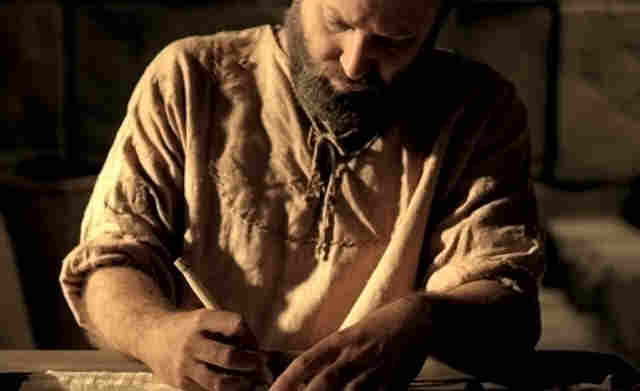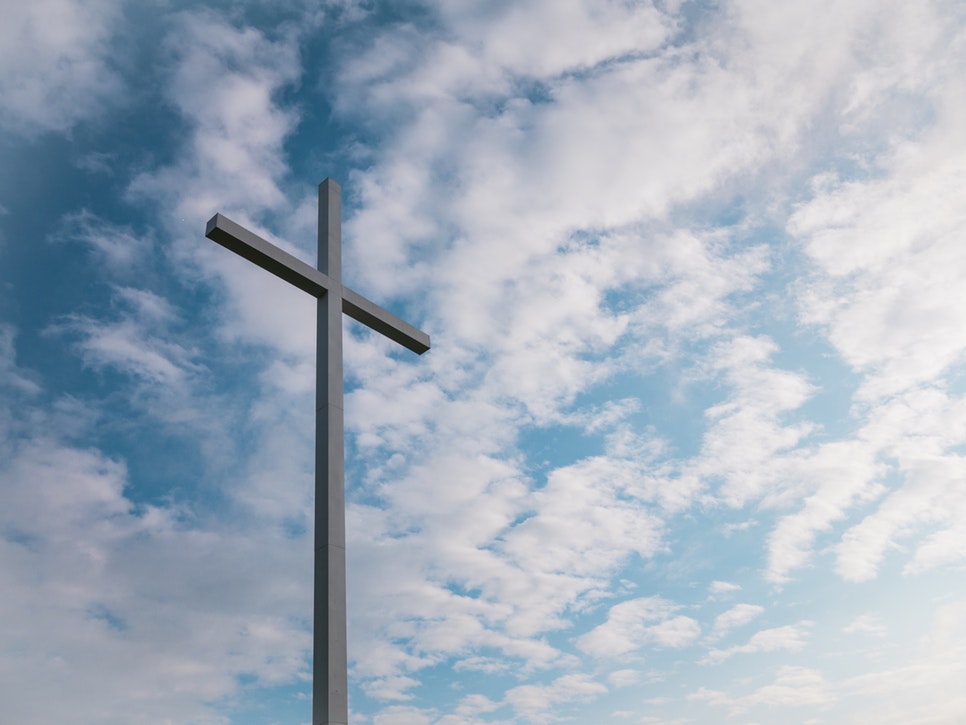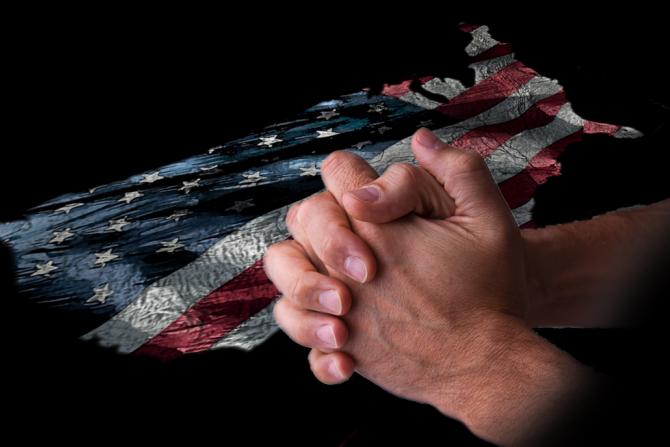Christianity
Unusual Messengers
I’ve always been fascinated with the word “holy,” which is used to describe the utter uniqueness or other-worldliness of God. Holiness means that God is “different,” “pure,” and completely “outside the box” of our finite human imagination.
This view of God reminds me of C.S. Lewis’ description of Aslan, the Jesus figure, in the Chronicles of Narnia where Mr. Beaver reminds Susan:
” Of course he isn’t safe. But he’s good. He’s the king, I tell you.”
To put it another way, God is very unusual and often does unusual things.
He even uses unusual messengers.
The Permanent Victory of Jesus’ Death and Resurrection
Easter time remains one of the most memorable weeks of year for me. When I was young, I enjoyed attending sun-rise services where we awakened the dawn with shouts of “Christ the Lord is Risen Today!”
In 1974, I was privileged to spend Easter in the Holy Land where an early dawn prayer time at Golgotha and a visit to the Empty Tomb stand out as cherished memories.
Twenty years later, I participated in mid-week prayer meetings in our hometown–every day of the week–leading up to Resurrection Day. Good Friday always included a “Walk with the Cross” through town, praying for our friends and neighbors and thanking God for His greatest of gifts. This Good Friday we will walk the cross again for the 25th year in a row.
Easter is special, world-changing, cosmos altering.
It celebrates the permanent victory of Jesus’ death and resurrection.
America’s Exceptional Faith
Some people struggle with the phrase “American exceptionalism.”
Our 44th president, Barack Obama, seemed uncomfortable with the concept when he said, “I believe in American exceptionalism, just as I suspect that the Brits believe in British exceptionalism and the Greeks believe in Greek exceptionalism.”
In other words, everyone’s nation is special in their own eyes.
That’s true to a degree, but it’s also a fact that America’s founding was unique to history. Establishing our Constitutional republic amounted to a 5000 year leap in good government.
But there’s one more thing that makes us unique. What is it?
America’s exceptional faith.



